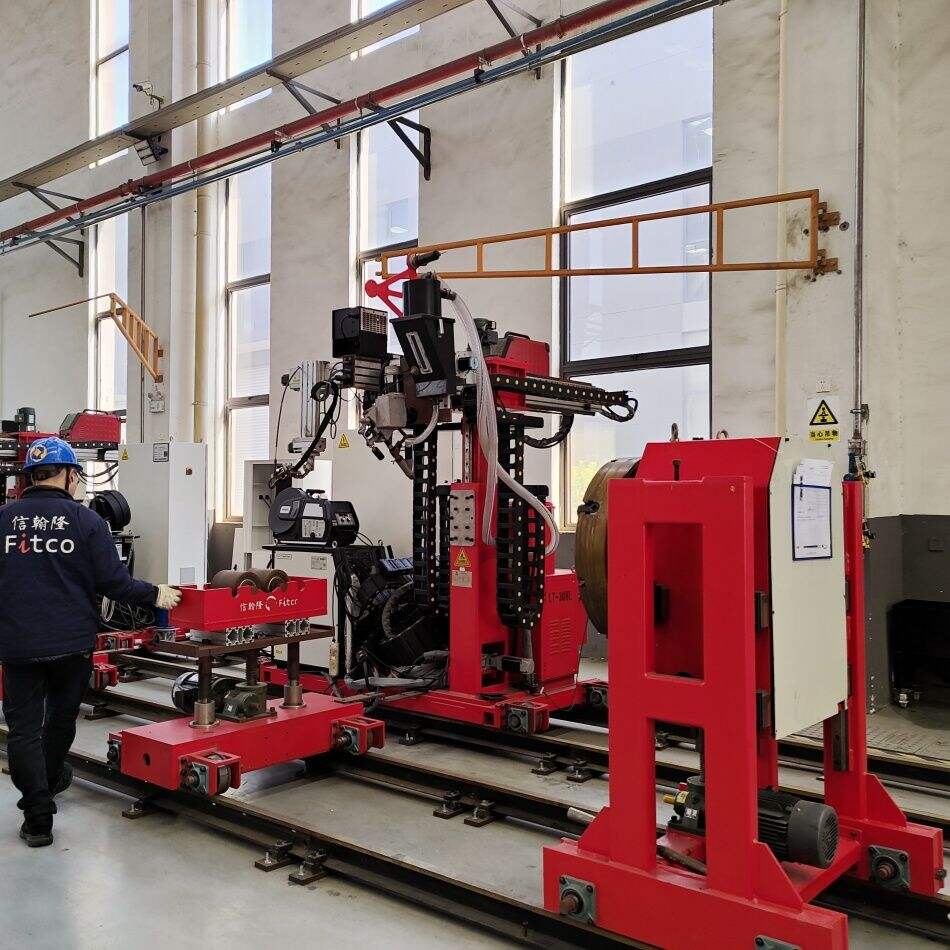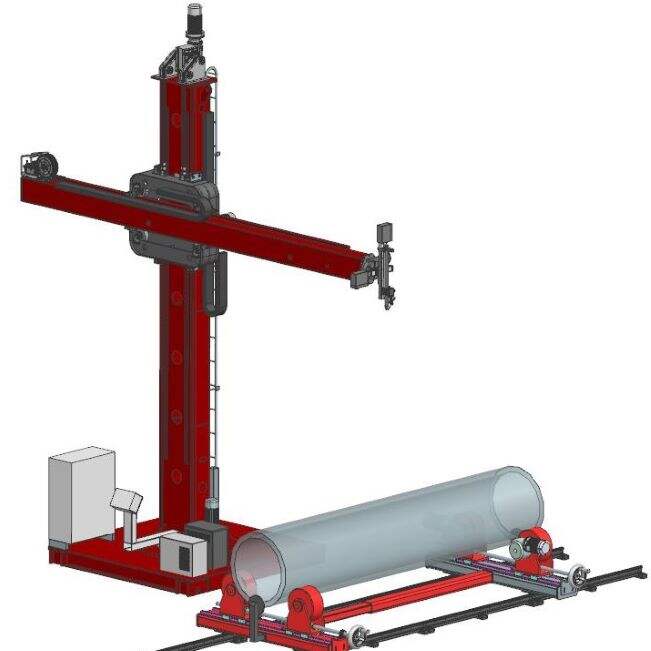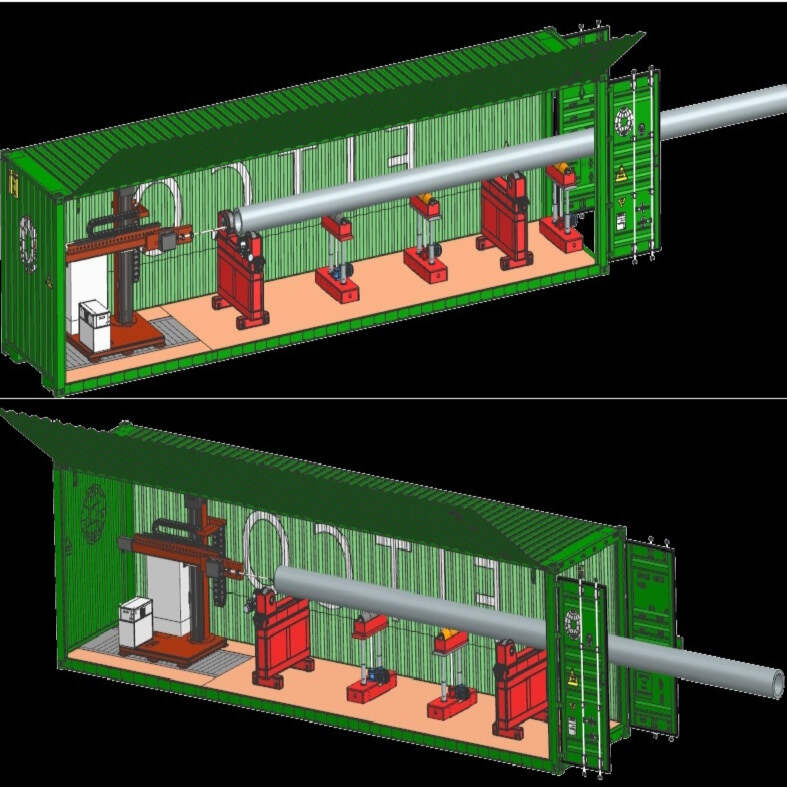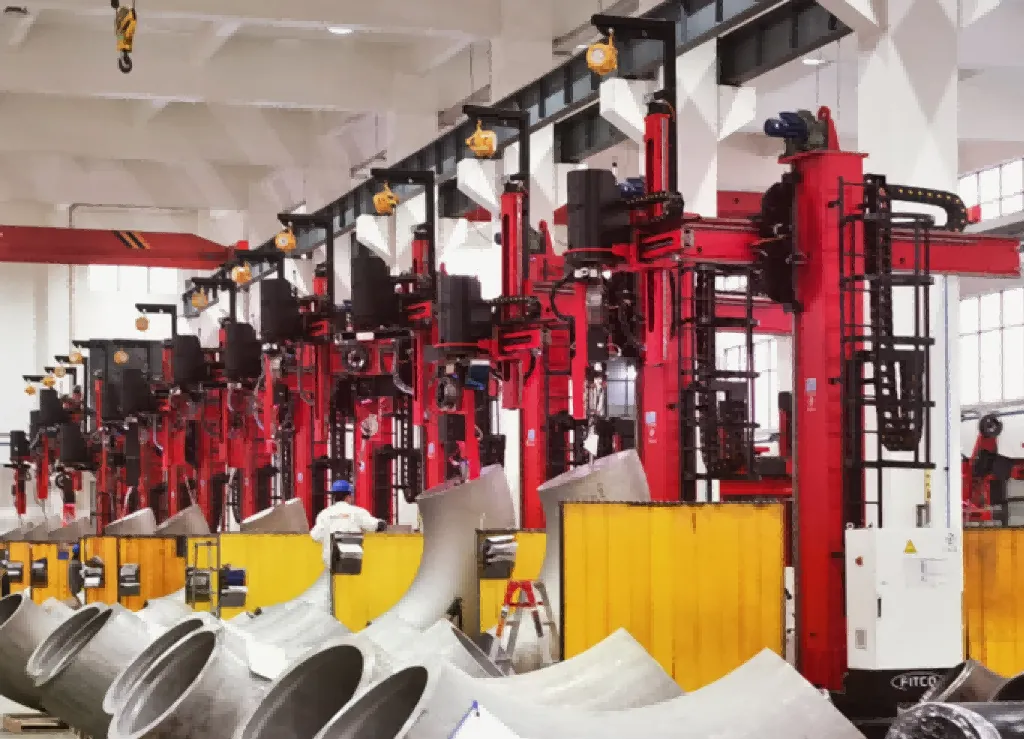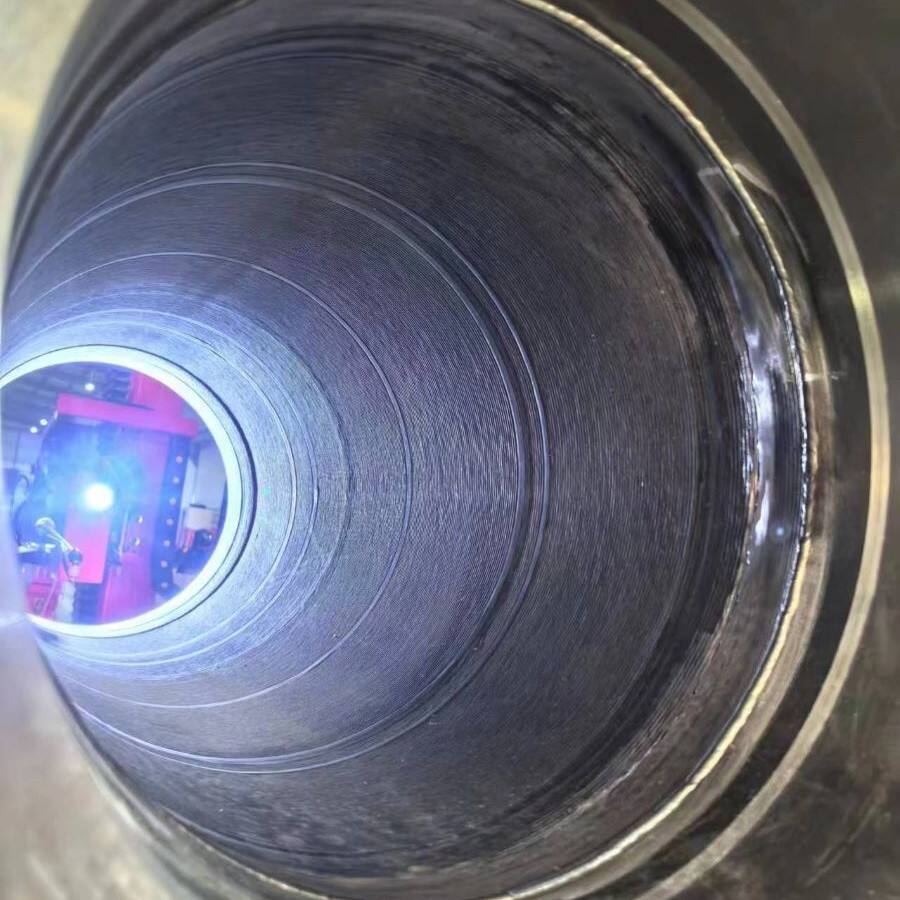pipe cladding machines wholesale
Pipe cladding machines wholesale represents a significant advancement in industrial manufacturing technology, offering comprehensive solutions for pipe surface treatment and protection. These sophisticated machines are designed to apply protective layers or cladding materials onto pipes efficiently and precisely, ensuring enhanced durability and corrosion resistance. The machines utilize advanced welding technologies, including automated welding systems, precise material feeding mechanisms, and computerized control interfaces that guarantee consistent quality output. They can handle pipes of various diameters and lengths, making them versatile for different industrial applications. The technology incorporates multiple cladding methods, such as strip cladding, wire cladding, and powder cladding, allowing manufacturers to choose the most suitable approach for their specific requirements. Modern pipe cladding machines feature intelligent monitoring systems that maintain optimal welding parameters, ensuring uniform cladding thickness and superior bonding strength. These systems are equipped with real-time quality control mechanisms that detect and address potential issues during the cladding process, minimizing waste and maximizing productivity.

 EN
EN
 AR
AR BG
BG HR
HR CS
CS DA
DA NL
NL FI
FI FR
FR DE
DE EL
EL HI
HI IT
IT JA
JA KO
KO NO
NO PL
PL PT
PT RO
RO RU
RU ES
ES SV
SV TL
TL IW
IW ID
ID LT
LT UK
UK SQ
SQ HU
HU TH
TH TR
TR FA
FA AF
AF CY
CY MK
MK LA
LA MN
MN KK
KK UZ
UZ KY
KY